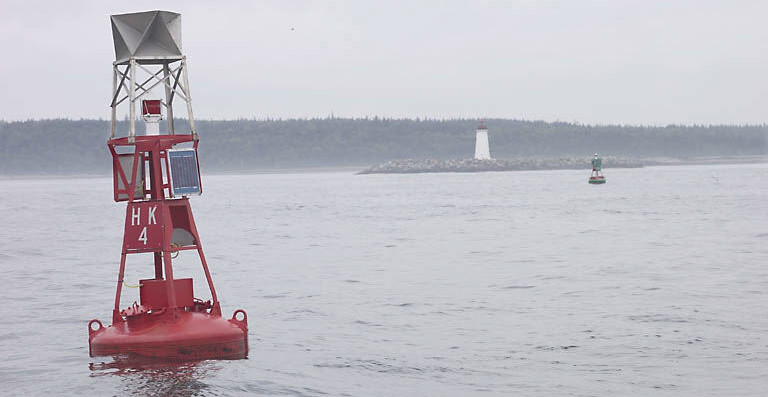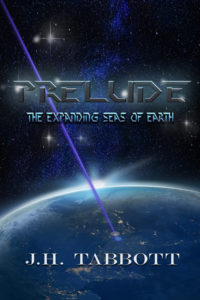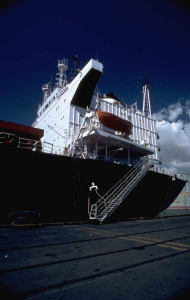Just yesterday, I was excited to see that Dr. Megan Schwamb, who discovered 2007 OR10, had decided to name it.
I had somewhat randomly chosen this dwarf planet to use in my novel–Prelude: The Expanding Seas of Earth. Moreover, early this month I had contacted both Dr. Megan Schwamb and Dr. Mike Brown, and asked why no one had ever named it. I even offered my suggestion for a name–mentioned in my author notes (see below)
Dr. Brown promptly replied to my inquiry, saying to stand by–the name would be coming very soon. A nice surprise! Technically, his right to name it expired in 2017 (after ten years). And no one has bothered in the two years since… until now.
Dr. Megan Schwamb and her colleagues have now provided their favorite choices, and invited astronomy fans to help select which one will be officially submitted. Hopefully, some preferential consideration will be accorded them. After all, they found it.
I also hope they won’t be offended that my story’s characters used it for target practice…. I can assure it was all for a good and necessary cause, and that no major planetary features were harmed in the exercises.
And while anyone can now officially submit a suggestion to the International Astronomical Union (IAU), I won’t be among them. I think those who found it should still have final say. These are the people whose work and dedication inspire us to look outside our small world… and dream.
From my author’s notes:
Heavenly Bodies
Kuiper Objects – When this story was written, 2007 OR10 was still the correct designation for the dwarf planet Maggie’s crew uses for target practice. However, by the year this story begins, someone will probably have already named it–thus a potential story flaw.
Naming rights for 2007 OR10 expired in 2017, so technically anyone can name it. The International Astonomical Union adjudicates this, and there are strict guidelines as to length and type–for instance, no pet names.
Professor Michael E. Brown***(Caltech), who held the rights, never officially named it. However, he did nickname it “Snow White” for being bright. He has a healthy sense of humor–it was the seventh dwarf planet his team had discovered since 2002.
Dwarf planets must either be very bright or very large to be detected. It was later determined 2007 OR10 was larger and reddish in color, suggesting presence of methane frost. So the nickname no longer quite fits. The good news, from my perspective, is that Snow White had a sister named “Rose Red”. Serendipity methinks! Still, I restrained myself from calling it “Rose Red” in the story. If someone named it otherwise between 2017 and publication, I’d have egg on my face.
Thankfully, given the transit time round trip between K’Laadia and Earth, Khreseea could only have uploaded Earth’s Kuiper Belt data prior to 2017. Thus they couldn’t have learned the new name.
***2007 OR10 was discovered by California Institute of Technology astronomers as part of the PhD thesis of Megan E. Schwamb, who was at the time a graduate student of Michael E. Brown.[15] (cit. Wikipedia). Hopefully, she ultimately gets to name it (only seems fair).



